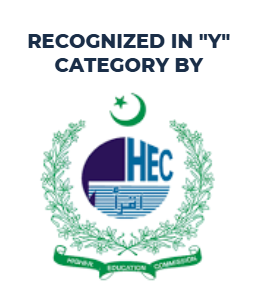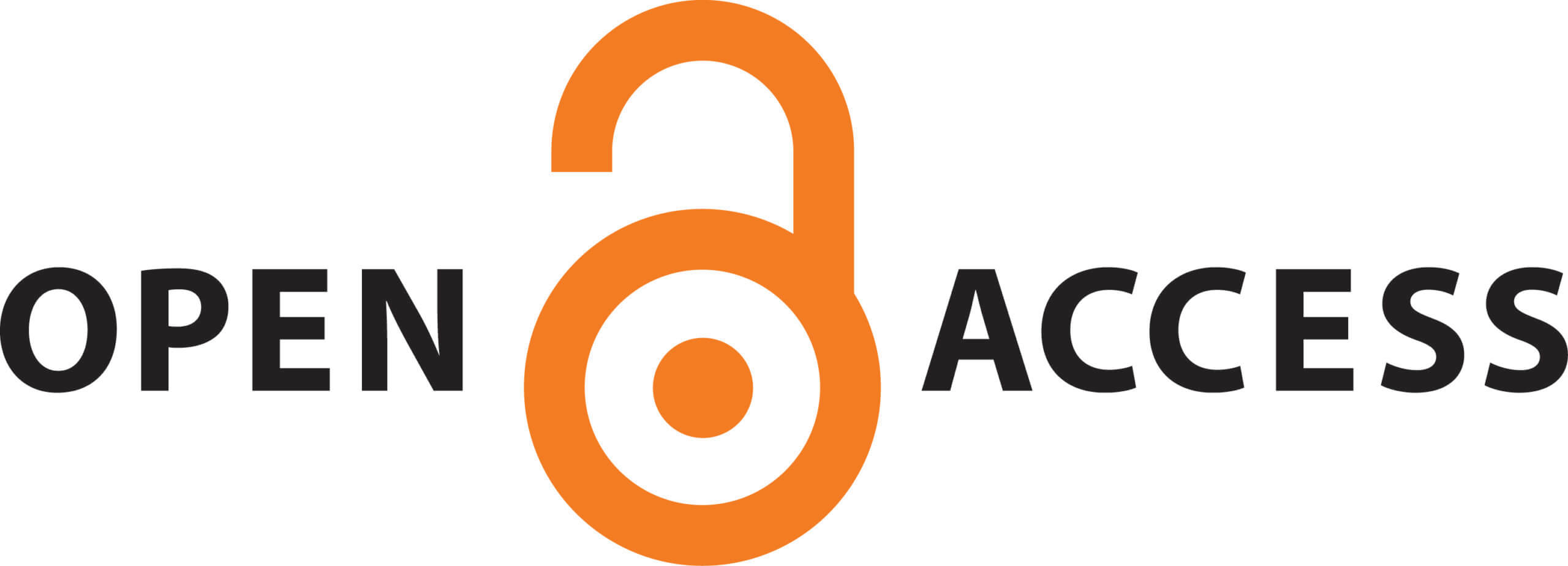
Ethical Guidelines for Reviewers
Ethical guidelines
UCP Journal of Mass Communication follows Higher Education Commission (HEC), Pakistan guidelines on ethics in true spirit. The journal has adopted ethical guidelines for authors and reviewers from HEC.
1 Preamble:
A review of the manuscript by reviewers is not only an essential component of formal scholarly engagement but is also a fundamental step in the publication process as it aids the Editor in the editorial decision-making. It also allows the author(s) to improve their manuscript through editorial communications. Scholars accepting to review a research paper have an ethical responsibility to complete this assignment professionally. The quality, credibility and reputation of a journal also depend on the peer review process. The peer review process depends on the trust and demands that a reviewer is supposed to fulfill ethically. These professionals are the momentum arm of the review process, but they may be performing this job without any formal training. As a consequence, they may be (especially young professionals) unaware of their ethical obligations. The Higher Education Commission (HEC), Pakistan wants to list down 'Ethical Guidelines for Reviewers' so that all reviewers provide their valuable services in a standardized manner.
2 Suitability and Promptness
The Reviewers should:
- Inform the Editor, if they do not have the subject expertise required to carry out the review and s/he should inform the Editor immediately after receiving a request.
- Be responsible to act promptly and submit the review report on time.
- Immediately inform the Editor of any possible delays and suggest another date of submission for a review report, and
- Not unnecessarily delay the review process, either by prolonged delay in submission of their review or by requesting unnecessary additional data/information from the Editor or author(s).
3 Standards of Objectivity
- The reviews should be objectively carried out with a consideration of high academic, scholarly, and scientific standards.
- All judgments should be meticulously established and maintained in order to ensure the full comprehension of the reviewer's comments by the editors and the author(s).
- Both reviewers and author(s) in rebuttal should avoid unsupported assertions,
- The reviewer may justifiably criticize a manuscript but it would be inappropriate to resort to personal criticism of the author(s), and
- The reviewers should ensure that their decision is purely based on the quality of the research paper and not influenced, either positively or negatively, by any personal, financial, or other conflicting considerations or by intellectual bias.
4 Disclosure and Conflict of Interest
- A reviewer should not, for the purpose of his/her own research, use unpublished material disclosed in a submitted manuscript, without the approval of the Editor.
- The data included in the research paper is confidential and the reviewer shall not be allowed to use it for his/her personal study,
- A reviewer must declare any potentially conflicting interests (e.g. personal, financial, intellectual, professional, political, or religious). In such a situation, s/he will be required to follow the journal's policies.
- A reviewer should be honest enough to declare conflicts of interest, if, the research paper under review is the same as to his/her presently conducted study.
- If the reviewer feels unqualified to separate his/her bias, s/he should immediately return the manuscript to the Editor without review, and justify him/her situation.
5 Confidentiality
- Reviewers should consider the research paper as a confidential document and must not discuss its content on any platform except in cases where professional advice is being sought with the authorization of the Editor, and
- Reviewers are professionally and ethically bound not to disclose the details of any research paper prior to its publication without the prior approval of the Editor.
6 Ethical Considerations
- If the reviewer suspects that the research paper is almost the same as someone else's work, s/he will ethically inform the Editor and provide its citation as a reference.
- If the reviewer suspects that the results in the research paper to be untrue/unrealistic/fake, s/he will share it with the Editor,
- If there has been an indication of violating ethical norms in the treatment of human beings (e.g. children, females, poor people, disabled, elderly, etc), then this should be identified to the Editor, and
- If the research paper is based on any previous research study or is a replica of an earlier work or the work is plagiarized for e.g. the author has not acknowledged/referenced others' work appropriately, then this should be brought to the Editor's knowledge.
7 Originality
For evaluating originality, the reviewers should consider the following elements:
- Does the research paper add to existing knowledge?
- Are the research questions and/or hypotheses in line with the objective of the research work?
8 Structure
If the layout and format of the paper are not according to the prescribed version, the reviewers should discuss it with the Editor or should include this observation in their review report. On the other hand, if the research paper is exceptionally well written, the reviewer may overlook the formatting issues. At other times, the reviewers may suggest restructuring the paper before publication. The following elements should be carefully evaluated:
- If there is a serious problem of language or expression and the reviewer gets the impression that the research paper does not fulfill linguistic requirements and readers would face difficulties reading and comprehending the paper. The reviewer should record this deficiency in his/her report and suggest the editor make the proper editing. Such a situation may arise when the author(s)’ native language is not English.
- Whether the data presented in the paper is original or reproduced from previously conducted or published work. The papers which reflect originality should be given preference for publication.
- The clarity of illustrations including photographs, models, charts, images, and figures is essential to note. If there is duplication then it should be reported in the review report. Similarly, descriptions provided in the “Results” section should correspond with the data presented in tables/figures, if not then it should be clearly listed in the review report.
- Critically review the statistical analysis of the data. Also, check the rationale and appropriateness of the specific analysis.
- The reviewers should read the “Methodology” section in detail and make sure that the author(s) has demonstrated an understanding of the procedures being used and presented in the manuscript.
- The relationship between “Data, Findings and Discussion” requires a thorough evaluation thoroughly. Unnecessary conjectures or unfounded conclusions that are not based on the presented data are not acceptable.
- Further questions to be addressed are whether: the organization of the research paper is appropriate or deviates from the standard or prescribed format.
- Does the author(s) follow the guidelines prescribed by the journal for the preparation and submission of the manuscript?
- Is the research paper free from typographical errors?
9 Review Report
The reviewer must explicitly write his/her observations in the section of 'comments' because author(s) will only have access to the comments reviewers have made,
- For writing a review report, the reviewers are requested to complete a prescribed form (s).
- It is helpful for both the Editor and author(s) if the reviewer writes a brief summary in the first section of the review report. This summary should comprise the reviewer's final decision and inferences drawn from a full review.
- Any personal comments on the author(s) should be avoided and final remarks should be written in a courteous and positive manner,
- Indicating any deficiencies is important. For the understanding of the Editor and author(s), the reviewers should highlight these deficiencies in some detail with specificity. This should help justify the comments made by the reviewer,
- When a reviewer makes a decision regarding the research paper, it should be clearly indicated as 'Reject', 'Accept without revision', or 'Need Revision' and either of the decisions should have justification.
- The reviewers should indicate the revisions clearly and comprehensively, and show a willingness to confirm the revisions submitted by the author(s), if the Editor wishes so, and
- The final decision about publishing a research paper (either accept or reject) will solely rest with the Editor and it is not the reviewer's job to take part in this decision. The editor will surely consider the reviewer's comments and have a right to send the paper for another opinion or send it back to the author(s) for revision before making the final decision.







